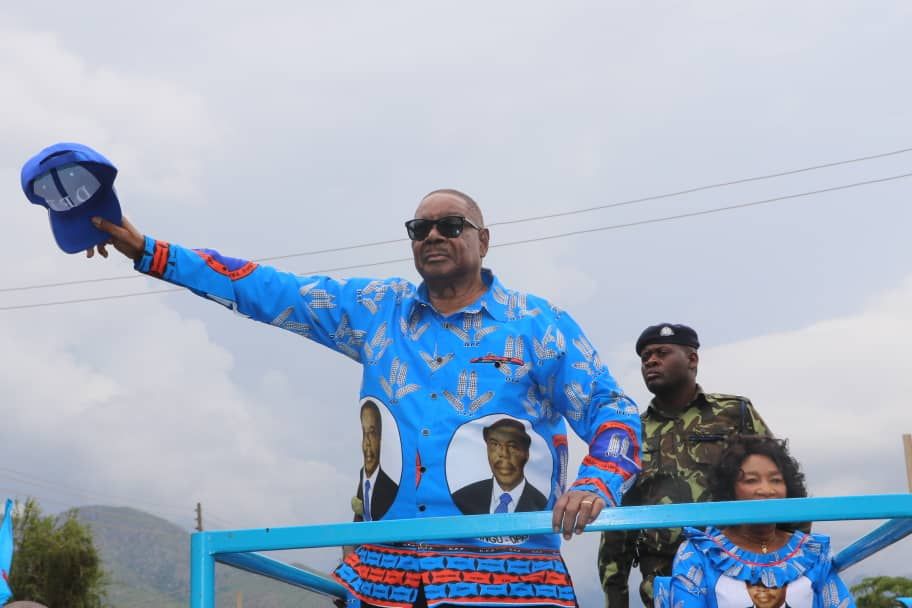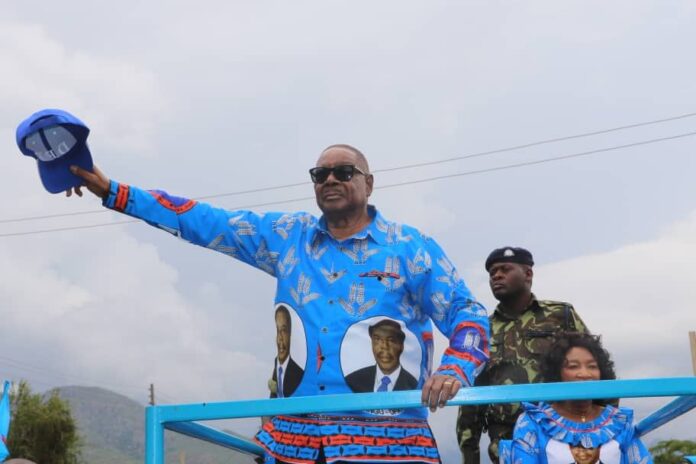By Wadza Botomani
In the complex political landscape of Malawi, the return of Peter Mutharika and his Democratic Progressive Party (DPP) is a deeply contentious issue. The tenure of Mutharika, who served as president from 2014 to 2020, was marred by allegations of rampant nepotism, high-level corruption, and human rights abuses, particularly the heinous killings of individuals with albinism. Given this troubling legacy, many Malawians are justifiably concerned about the prospect of Mutharika and the DPP regaining power.
One of the most egregious aspects of Mutharika’s administration was the widespread nepotism that permeated government operations. Appointments to key positions were often based on personal connections rather than merit, undermining the effectiveness of public service. This practice not only stifled talent but also entrenched a culture of favoritism that prioritized the interests of a select few over the needs of the broader population. As a result, vital sectors such as education and healthcare suffered, leaving many citizens without access to essential services.

Additionally, the DPP’s tenure was characterized by a shocking wave of violence against people with albinism. The killings highlighted not only a grave human rights crisis but also the government’s failure to protect its most vulnerable citizens. The Mutharika administration’s inaction in addressing this issue raised serious questions about its commitment to safeguarding human rights and enforcing the rule of law. Instead of taking a strong stance against these atrocities, the government allowed a culture of impunity to flourish, which has had lasting effects on the safety and dignity of individuals with albinism in Malawi.
Moreover, during Mutharika’s presidency, the government was accused of falsifying economic figures to secure funding from the International Monetary Fund (IMF). This deception not only undermined the integrity of Malawi’s economic data but also resulted in damaging consequences for the nation’s financial stability. The misrepresentation of economic performance led to misguided policy decisions that failed to address the real challenges facing the country. The fallout from these actions continues to affect Malawi’s economic prospects and its relationships with international financial institutions.
Perhaps most alarming is the pervasive corruption that defined Mutharika’s government. Scandals involving the embezzlement of public funds and the misallocation of resources were rampant. The infamous “Cashgate” scandal, which came to light during his presidency, revealed vast sums of money being siphoned from government coffers, leaving critical services underfunded and citizens disillusioned. The DPP’s track record on corruption raises serious concerns about its commitment to transparency and accountability, essential values for any government seeking to rebuild trust with its constituents.
At 83 years old, Mutharika’s age raises further doubts about his capacity to lead effectively. Political leadership demands vigor and vision, qualities that are critical for navigating the complexities of governance. The desire of Mutharika and the DPP to reclaim power appears less about serving the Malawian people and more about regaining access to state resources for personal enrichment.
In conclusion, the prospect of Peter Mutharika and the DPP returning to power in Malawi should be met with skepticism and caution. Their history of nepotism, human rights violations, economic deception, and rampant corruption paints a grim picture of their governance. Malawians deserve leaders who prioritize integrity, accountability, and the well-being of all citizens. It is imperative that the lessons of the past inform the choices of the future, ensuring that such a government is not allowed to return to power.



